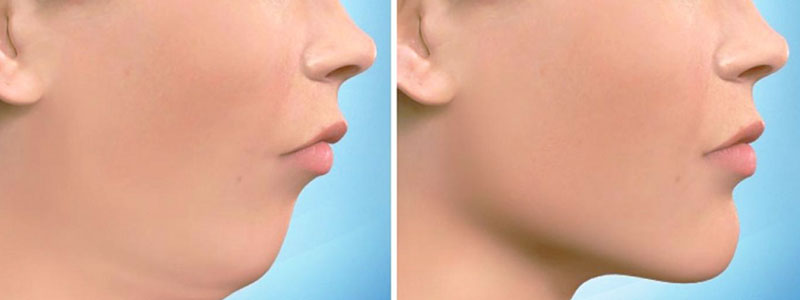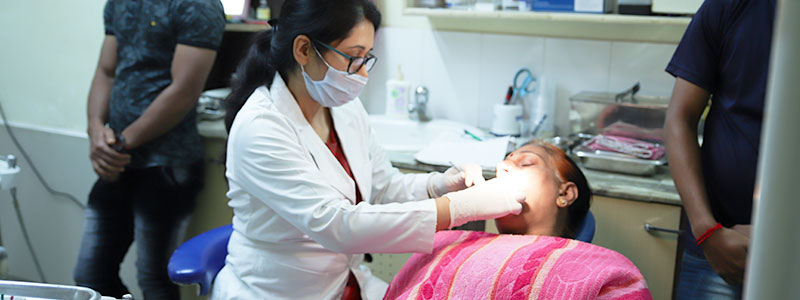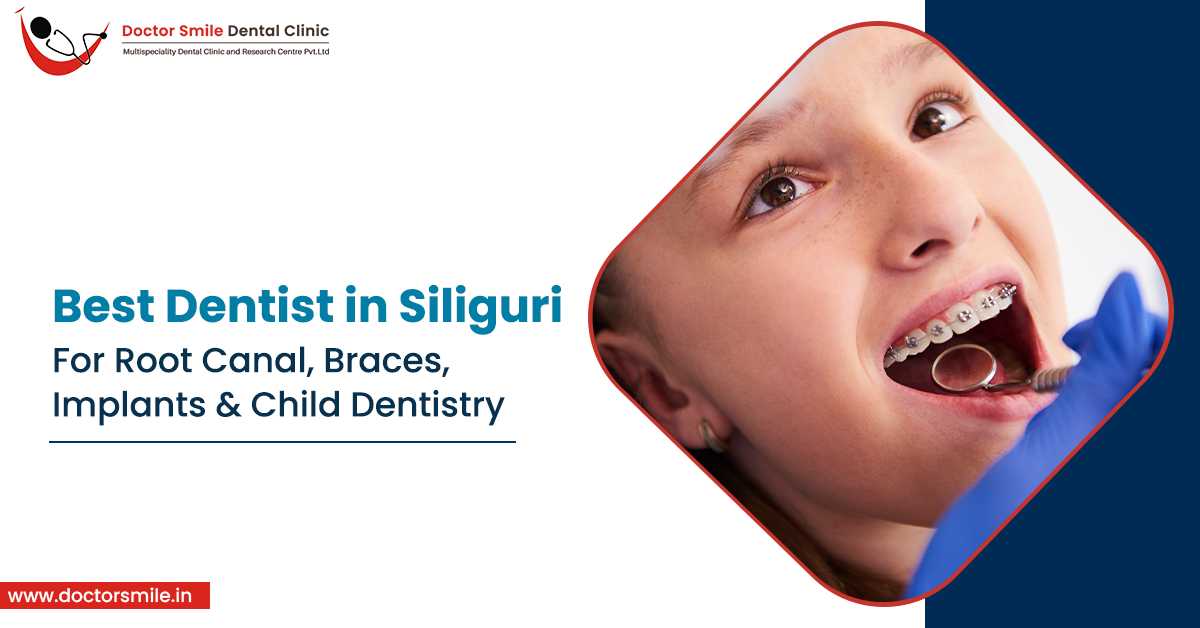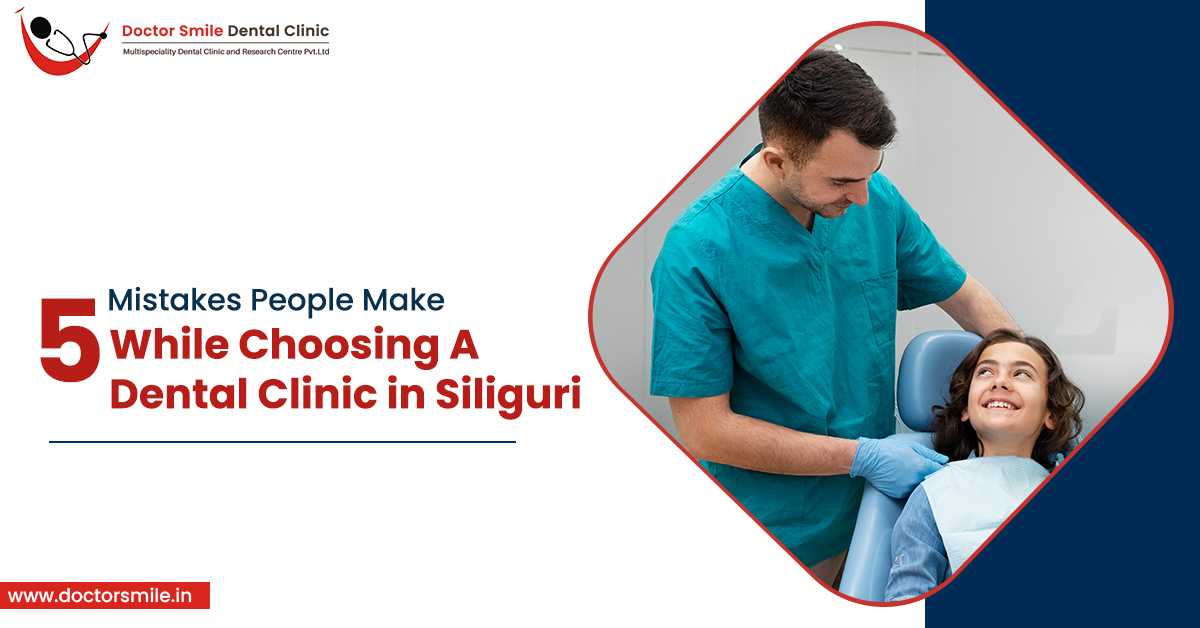Bones are the framework of our face. Teeth, gum, tongue, muscles, lips all together are the area that is supported by jaws. The size of the facial bones determines the fitting of the upper and lower teeth, and the position of the jaw affects how your face looks.
But the problems arrive when you have experience in chewing, speaking, breathing, and sleeping due to a small, big, or crooked jaw. Orthognathic surgery not only corrects and aligns your jawbones but also improves your facial appearance.
If you experience underbites, overbites, and crossbites due to facial imbalance then you can visit a dental clinic in Siliguri to correct that problem. If your jaw position is not parallel or imbalanced, and you neglect or left untreated that issue, then you may have problems later in life.
About The Surgery

Usually, orthognathic surgery is done when the growth and development stop like generally, for females it is around 14 to 16 years of age and for males 17 to 21 years of age.
Why You Go For Orthognathic Surgery?
- To improve biting and chewing
- To correct swallowing problems
- To correct the facial imbalance
- To repair a facial injury
- To correct the bite open and close issue
- To repair facial birth defects
- To overcome pain from TMJ disorder
- To improve sleep disorder
- To improve the lip ability to close
How Do You Prepare For Orthognathic Surgery?
Usually, before surgery, your dental surgeon will place braces on your teeth. These braces are usually used for a minimum period of 12 to18 months before preparing surgery to level your teeth. Your dental surgeon will require X-rays, pictures, and models of your teeth for your jaw surgery.
To fit the teeth together you will require either reshaping of the teeth or dental crown or both. Apart from that, CT scanning and computer-guided treatment are also be used to correct the movement of teeth.
Orthognathic Surgery Procedure
Before the surgical procedure, your dental surgeon will use general anesthesia and it may require four to five hours. The surgery is performed inside your mouth. To correct the position your surgeon makes cuts in the jawbones and moves them into their new position. Jaw surgery performed on the following process:
- Maxillary osteotomy (upper jaw)
- Mandibular osteotomy (lower jaw)
- Genioplasty (chin)
- TMJ surgery
- Bimaxillary osteotomy (Both upper and lower)
After surgery, you'll experience swelling, stiffness, and discomfort in your face and jaw. But these will go away over a period of weeks or months. In general, permanent recovery can occur between 6 and 12 weeks.
How To Get Aid?

Many people have common questions is the surgical procedure is safe? The answer is a definite yes but there are some risks involved in it such as:
- Excessive bleeding
- Infection at the surgical site
- Injury to the jaw nerves
- Fracture of the jaw
- New TMJ pain etc
Maintaining oral hygiene also plays an added advantage to prevent any infection after surgery. Talk to your dentist in Siliguri for total oral care. The next step is to visit at least once a month to any nearby dental clinic for oral check-ups. This is an addition that will help you to keep your teeth healthy and prevent all uncertain oral problems.
Remember, a great initiative will start by helping yourself first by maintaining a balanced routine such as quitting smoking, maintaining a healthy diet, doing exercise on a regular basis, and brushing properly.




